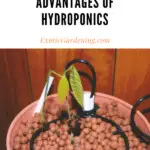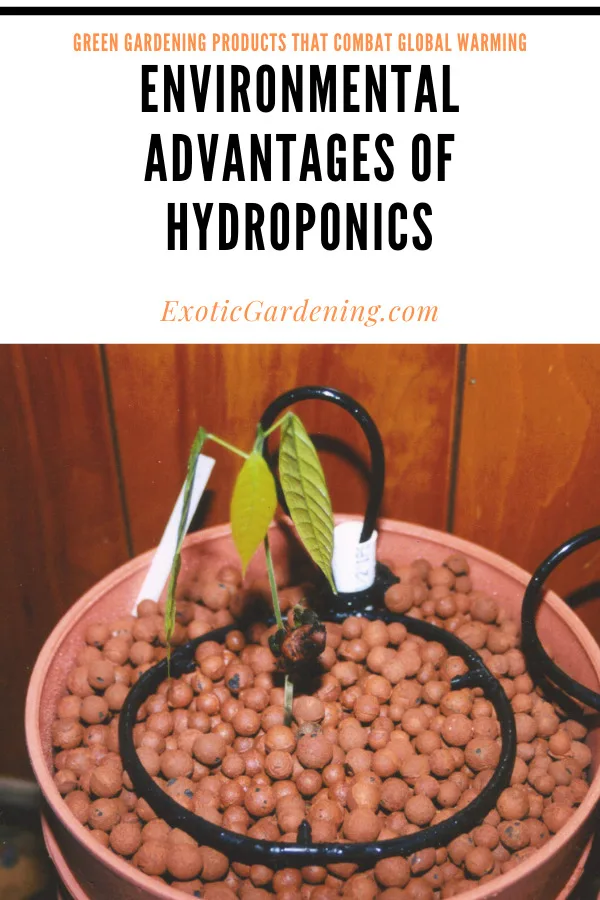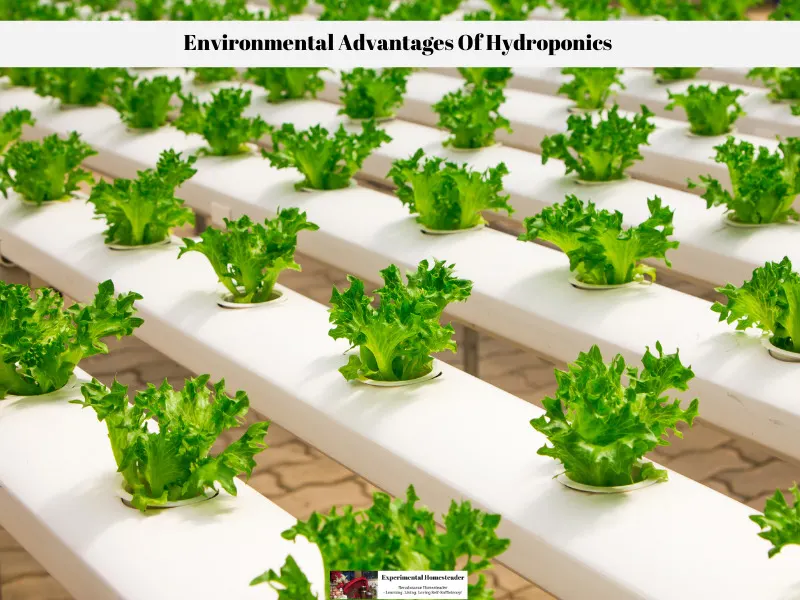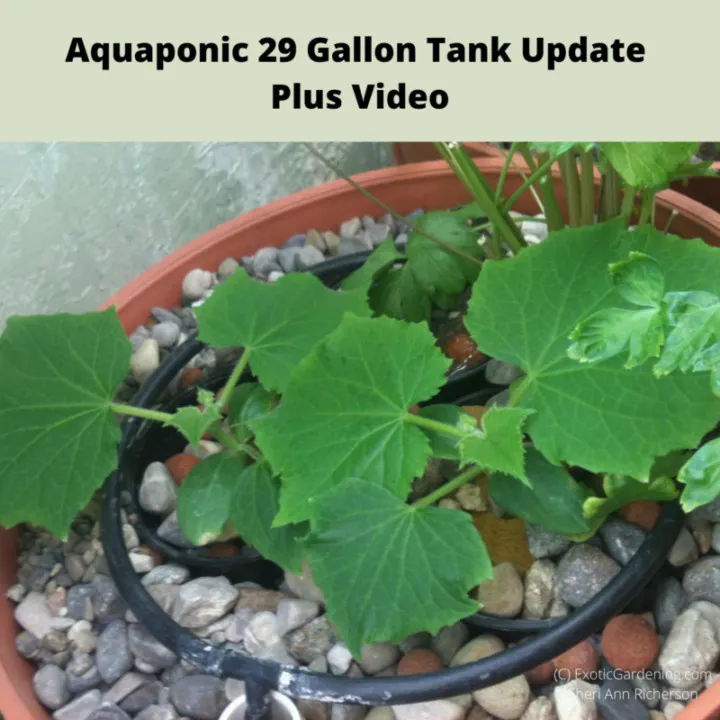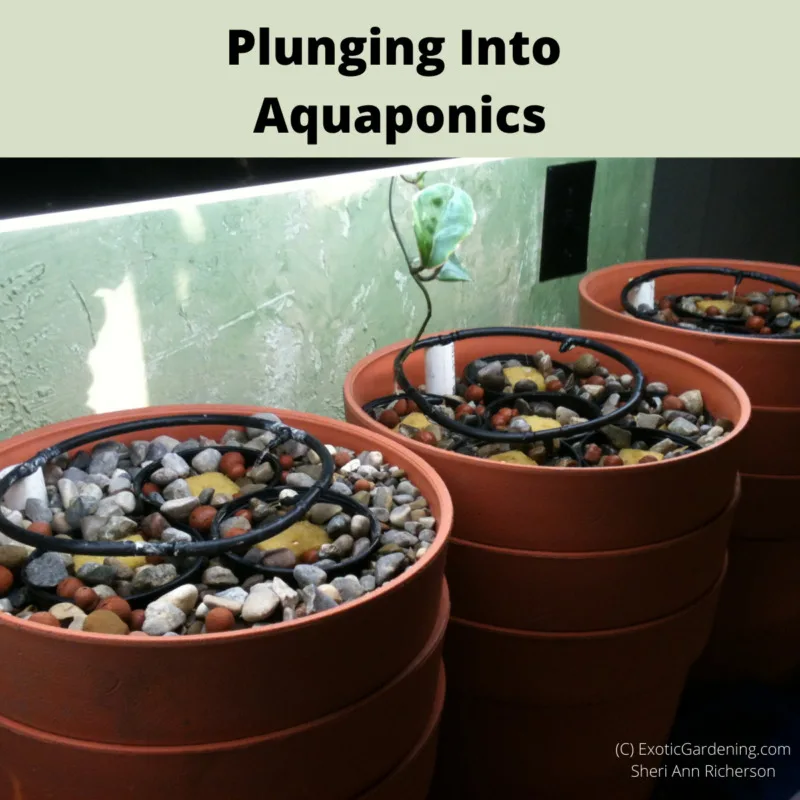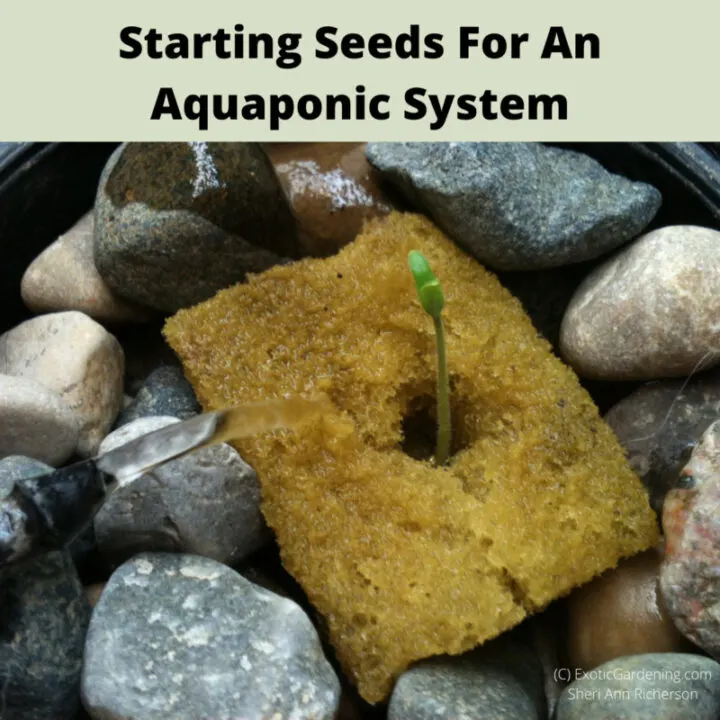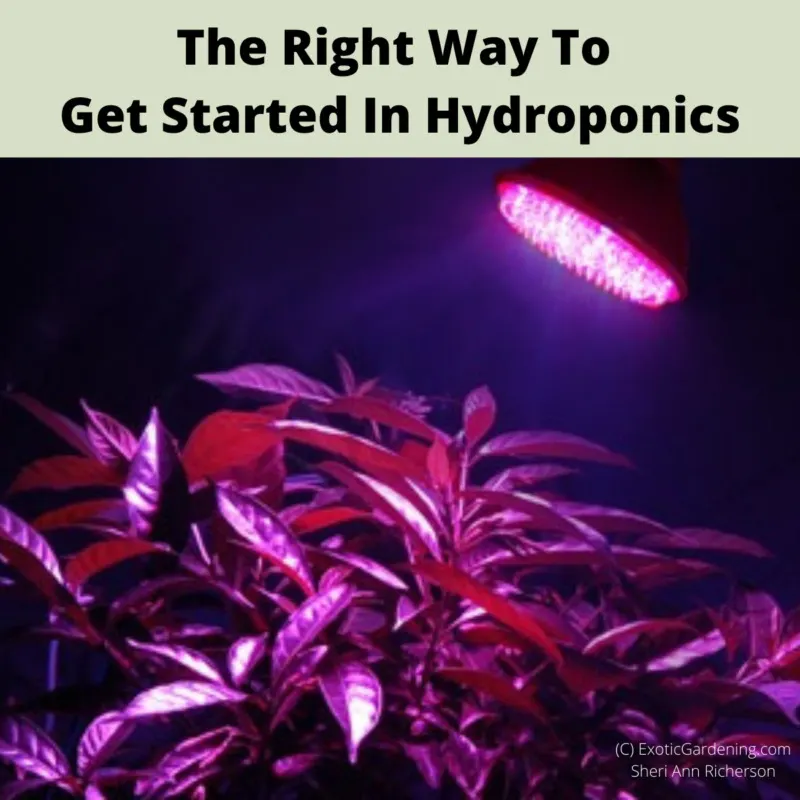There are numerous environmental advantages of hydroponics that you may not be aware of.
Growing organic vegetables year-round in hydroponic units offer numerous environmental advantages over vegetables grown in soil using traditional methods.
The Environmental Advantages Of Hydroponics
Finding ways to green the environment and combat global warming is one of the biggest challenges we are facing today.
Even gardeners are getting into the act of using organic or vegan nutrients and supplements in the garden or in their hydroponic units.
With the green movement getting so much publicity these days and the government encouraging people to buy local, the need for more local farmers is evident.
In areas where development has taken over this can be a problem; however there is a solution, growing edible plants in hydroponic units.
There are numerous environmental advantages of hydroponics if one takes the time to think about it.
Hydroponic gardening helps eliminate the need for chemical and pesticide use while providing us with fresh, healthy produce that is not laden with pesticides or herbicides.
Avoid Chemicals, Grow Organic
Growing vegetables, herbs and other edible plants in a hydroponic system has numerous advantages and most of them are very environmentally friendly.
For example, everyone knows the use of chemicals in hydroponic growing is essential, however there are numerous organic or vegan nutrients and supplements that can be used instead of traditional chemical compounds.
This is a very earth friendly way to go because you are not adding any harmful chemical compounds to the environment or your food.
The right additives can add additional nutritional value to the food crops that are grown in this manner.
Studies have shown that food that has been grown using organic methods has a higher nutritional content with more essential vitamins and minerals than the traditional grown counterparts.
Many hydroponic units are self contained so the nutrients and supplements you use will not be seeping into the ground which can cause problems, especially with ground water sources.
Recycle The Water From Your Hydroponic Units
The exception to this is if you decide to use the spent water on your garden.
This is a great way to recycle the water from your hydroponic unit.
If you do use the water from your hydroponic unit to water soil grown outdoor plants it is much easier to figure out how much water was used, what was in the water and the effects it will have on the surrounding land.
You can also water soil based houseplants with the water you remove from your hydroponic unit which will eliminate the water from entering the ground and adding to the water table.
Another option is to create a rain barrel where the water from your hydroponic unit is put so you can use it as you need it.
This solution is particularly effective in greenhouse environments where soil grown plants need regular watering.
Just be sure to check the pH of the water occasionally.
Just as in hydroponic units the pH of water used on soil based plants can slowly change the pH of the soil.
Water is a precious resource and using it to its maximum benefit is definitely environmentally friendly.
Hydroponic units reuse the water in the unit over and over again so the plants actually end up using less water than their soil grown counterparts.
Aquaponics and Hydroponics
Aquaponic 29 Gallon Tank Update Plus Video
Our progress with getting an aquaponic 29 gallon tank set up in our living room. It includes a short video.
Plunging Into Aquaponics
We took the challenge and decided to get into aquaponics. Growing fish and using the waste to fertilize vegetables seemed like a great idea.
Starting Seeds For An Aquaponic System
Aquaponic seed starting is really not much different than regular seed starting. You do use a different seed starting medium.
Hydroponic Gardening Advantages: Grow More Food In Less Space Using Environmentally Friendly Methods
Grow more food in less space using environmentally friendly practices when you learn about the advantages of hydroponic gardening.
Go Green With Hydroponics
Gardeners and farmers often seek ways to be environmentally friendly. One way to achieve this goal is to go green with hydroponics.
The Right Way To Get Started In Hydroponics
Grow lights are an important part of hydroponic gardening. In order to be successful getting started the right way is important.

